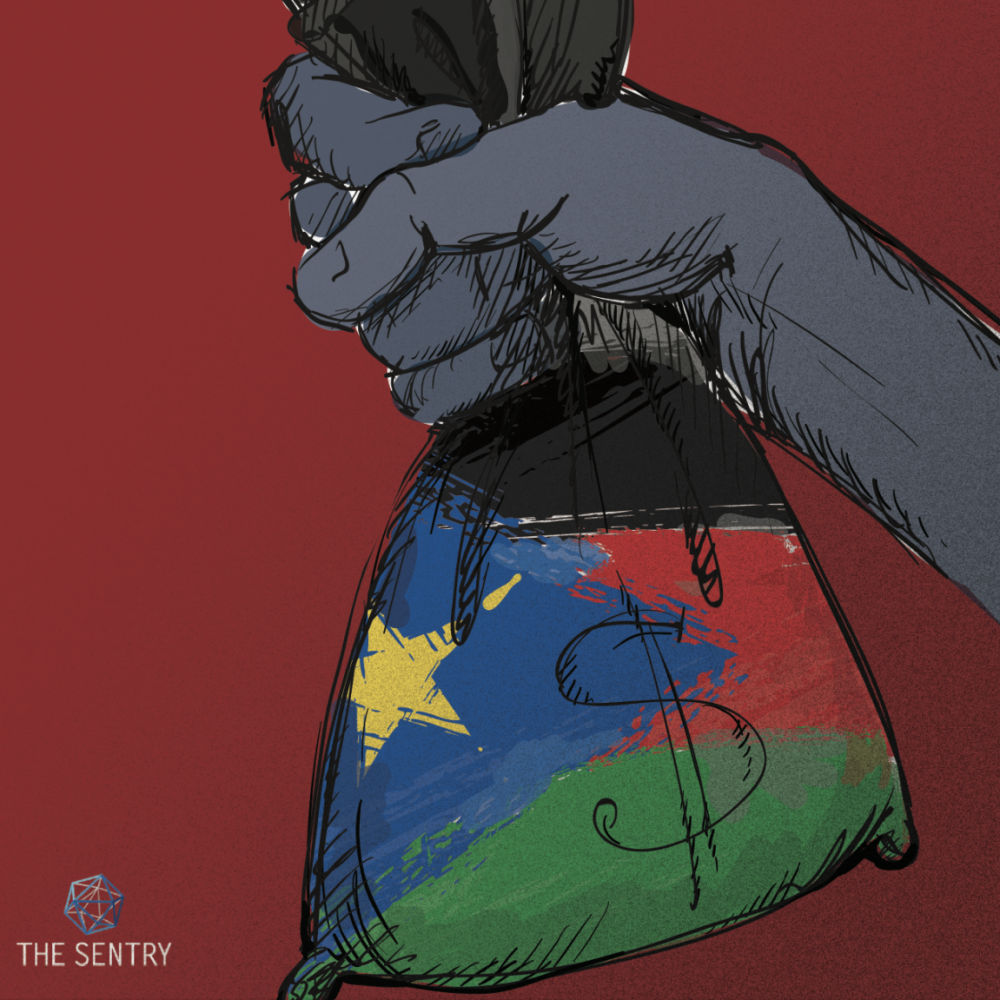This investigation is part of the Justice for Journalists Foundation Investigative Grant Programme and was originally published by The Sentry.
Between 2012 and 2015, the government of South Sudan received a credit line in US dollars for nearly one billion dollars from Qatar National Bank (QNB) and CfC Stanbic Bank in Kenya. This was used to issue letters of credit (LCs) to support efforts to import much- needed food, fuel, and medicine.
From the beginning, things went terribly wrong. The Sentry’s three-year investigation into the LCs program found that multimillion-dollar contracts were awarded to foreign-run companies, companies that only existed on paper, and inexperienced middlemen. Businesses with connections to the ruling class—including President Salva Kiir’s family, the then-governor of the central bank Kornelio Koriom, and multiple military officials— were among those that received contracts collectively worth tens of millions of dollars under the program, according to official documents. It appears that millions of dollars’ worth of essential pharmaceuticals, fuel, and food were not delivered. Almost $1 billion effectively walked out of the country, and the human cost remains to be calculated.
A 2015 report on the LCs program by the auditor general of South Sudan was presented to parliament but never made public. The report, reviewed by The Sentry, provided a comprehensive overview of the timeline of events surrounding the LCs program, the parties involved, and the wrongdoing committed. In 2015, the AG’s findings were presented to Kiir and to parliament, but no action was taken and no one was brought to justice.
The mismanagement evident in the LCs program has had dire and long-lasting consequences for the people of South Sudan. Government corruption and ineffective rule of law have undermined the nation’s ability to achieve economic progress, and the abuse of the LCs program is just one example.
- United States. The US government should investigate illicit money flows. The US Department of the Treasury’s Financial Crimes Enforcement Network and the US Department of Justice should investigate the ways in which the proceeds of the corruption apparent in the LCs program were laundered out of the country. This information can form the basis for potential further action.
- Global and regional banks. QNB and CfC Stanbic and the Kenyan and Ugandan banks involved in the LCs program should initiate independent third-party audits to investigate the banks’ roles in the LCs scandal. Global and regional banks named in this report should sweep historical records to identify evidence of wrongdoing and fraud and report findings to local financial intelligence units.
- South Sudan. The government of South Sudan should focus on developing a public corporate register, and it should also identify firms that received LCs and continue to operate in South Sudan.
The full report can be read here.

